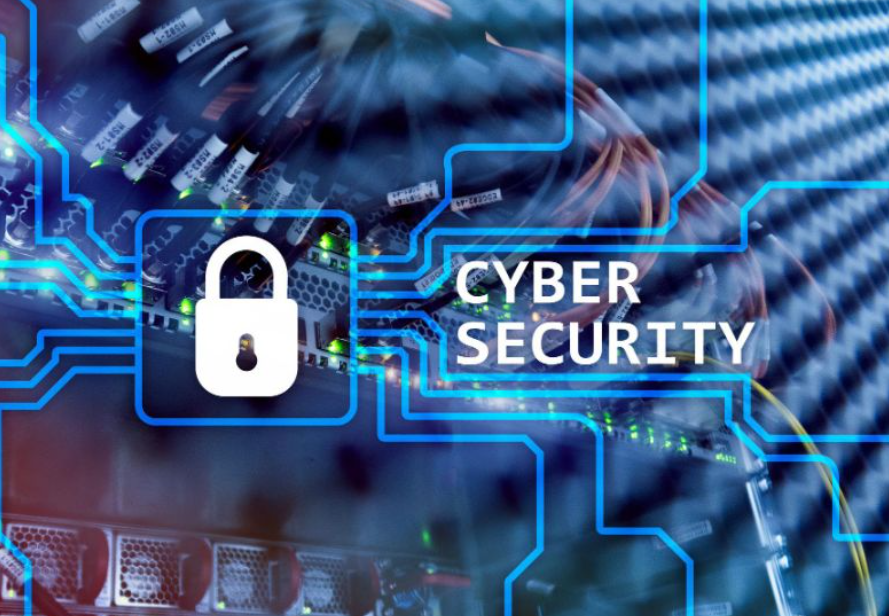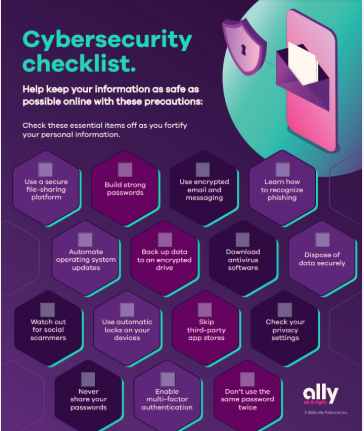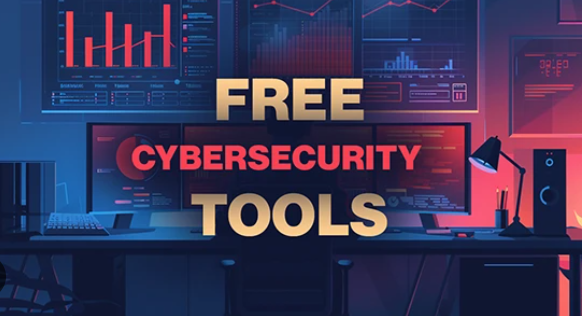
What is Cybersecurity? | Protecting Your Digital Life
Introduction: Why Cybersecurity Matters
In a world where almost everything is online—your bank details, personal photos, medical records, and even your smart devices—cybersecurity is no longer optional. It’s essential.
Cybersecurity is the practice of protecting systems, networks, and data from digital threats like hacking, malware, and identity theft. Whether you’re an individual scrolling Instagram or a company storing client information, understanding cybersecurity is crucial for staying safe in the digital age.
What is Cybersecurity?
Cybersecurity refers to the protection of digital systems and data from unauthorized access, attacks, or damage. It involves technologies, processes, and practices that secure:
- Computers and mobile devices
- Networks and servers
- Sensitive data like passwords, payment info, or business records
Why is Cybersecurity Important?
Without cybersecurity:
- Hackers could steal your identity or bank credentials
- Companies could lose customer data and face legal consequences
- Government or healthcare systems could be crippled by ransomware attacks
- Devices like smart cameras or Wi-Fi routers could be hijacked
Cybersecurity helps ensure confidentiality, integrity, and availability of information.
Types of Cyber Threats
Cyber threats come in many forms. Let’s explore the major ones:
- For Individuals
- Phishing – Fake emails or messages tricking you into sharing personal data
- Malware – Harmful software like viruses or spyware
- Ransomware – Locks your files and demands payment
- Password Attacks – Guessing or cracking weak passwords
- For Organizations
- DDoS Attacks – Flooding servers to crash websites
- Insider Threats – Employees misusing access
- Data Breaches – Hackers stealing customer or employee information
- Supply Chain Attacks – Harming a company via its vendors or software
Real-Life Examples of Cyberattacks
- WannaCry Ransomware (2017):
Spread to 200,000+ computers in over 150 countries, targeting hospitals and companies. It encrypted files and demanded Bitcoin ransom. - Yahoo Data Breach (2013–2014):
Over 3 billion accounts were compromised, exposing user emails, passwords, and security questions. - Colonial Pipeline Attack (2021):
A ransomware attack on a major U.S. fuel pipeline caused panic-buying and fuel shortages on the East Coast.
How to Stay Safe (Quick Tips)
Whether you’re a student, a parent, or a business owner, here are cybersecurity basics you should follow:
- Use strong, unique passwords and a password manager
- Keep software and antivirus up to date
- Avoid clicking suspicious links or downloading unknown files
- Enable two-factor authentication (2FA)
- Regularly back up your important files
Final Thoughts
Cybersecurity isn’t just for IT professionals—it’s for everyone. Understanding the basics helps protect your personal life, business, and even national security. As cyber threats grow more advanced, staying aware and proactive is your first line of defense.


